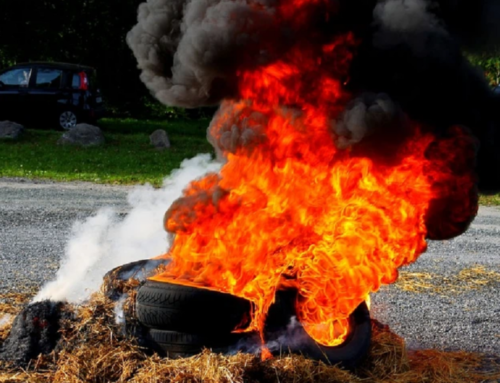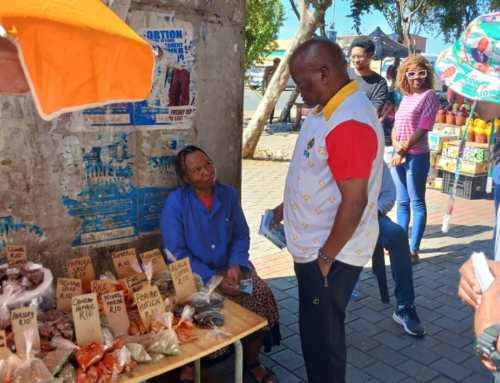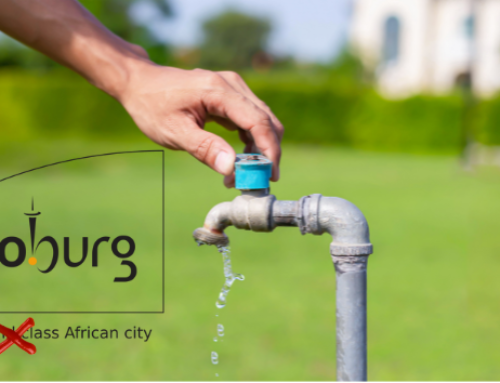Address by Mr LB Gaehler, UDM Member of Parliament in the National Council of Provinces: Eastern Cape
Honourable Chairperson, and Honourable Members
The United Democratic Movement (UDM) acknowledges that we, as a Country, have come far in terms of ensuring that all South Africans enjoy equal human rights. For that we are thankful.
However, in its January world-report, Human Rights Watch said that South Africa “continued to face a number of human rights challenges” and that the public confidence in Government’s ability to deal with these challenges has eroded.
This revelation must be looked at against an international backdrop of the rise of populist, authoritarian leaders who pose a threat to human rights across the globe.
The UDM holds the view that human rights violations include corruption and the lack the respect for the rule of law.
As we debate in this House, we find a typical example of this unfortunate reality, where millions of poor South Africans (whose livelihood depend on social grants) have pinned their hopes on the Constitutional Court to defend their right to social security.
Government has – instead of creating this hope – jeopardised the rights of the most vulnerable of our people. The actions of Government have created panic and anxiety, and instilled the fear of perpetual poverty.
Every South African is entitled to economic, social and cultural rights as entrenched in the Constitution. These rights are indispensable to his or her human dignity.
The UDM believes that poverty is the greatest of human rights violations and it must be treated as such.
The high levels of poverty, gross economic and social inequality, as well as chronic unemployment and corruption, are the enduring realities in our country that, in practical terms, cast doubt on whether South Africa is indeed a country for all her people.
In the midst of plenty, some are still unable to enjoy even the minimum level of food security, water and electricity, quality education and healthcare, as well as shelter. This is not only as a result of a depressed economy, but also unwillingness, wilful negligence and/or discrimination on the part of both the public and private sectors.
Yesterday, we witnessed this kind of gross negligence and arrogance in the Constitutional Court.
Those on the margins of society are overlooked and are made prisoners of poverty, rather than prisoners of conscience, enduring the torture of hunger and a slow death from preventable causes.
Chairperson, given the interconnected nature of all human rights violations, we need a comprehensive and holistic approach in engaging with the economic, social and cultural rights of our people.
Before we can celebrate human rights, more needs to be done before our people can fully enjoy their rights.
I thank you























